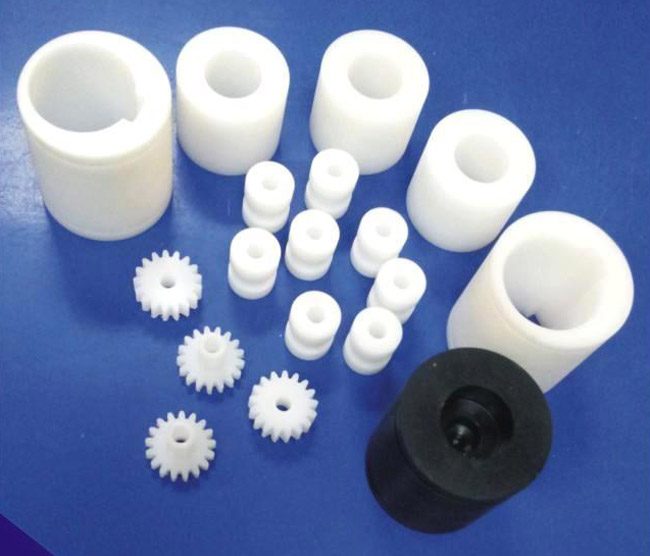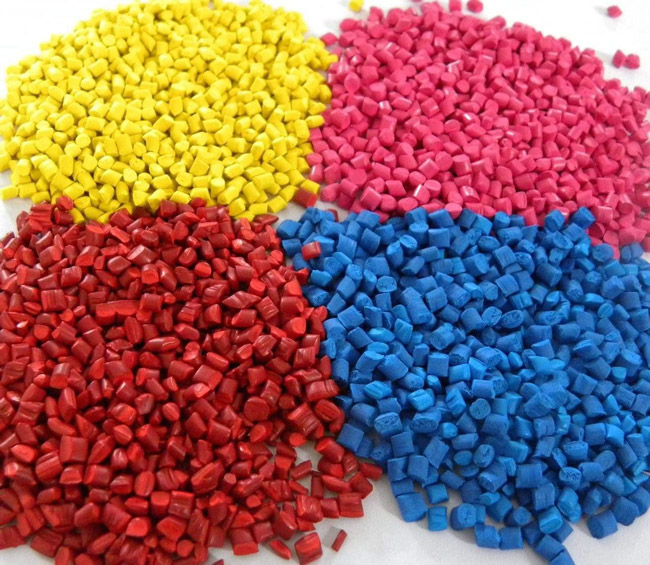tributyltin oxide price trend and purchasing guide
introduction
tributyltin oxide (tbt), as an important organometallic compound, plays a key role in many fields. understanding its price trends is critical to purchasing decisions. this article will explore tributyltin oxide price trends and provide a detailed purchasing guide.
1. price trend analysis
the price of tributyltin oxide is affected by many factors, including but not limited to raw material costs, supply and demand relationships, environmental protection policies, technological progress, etc. the following is an analysis of recent price trends:
- raw material cost fluctuations: as an organometallic compound, the production of tributyltin oxide depends on the price of basic chemicals, such as tin and other organic ingredients. the cost fluctuations of these raw materials directly affect the pricing of the final product.
- changes in supply and demand: the increase or decrease in market demand will affect the price of tributyltin oxide. if market demand is strong but supply is insufficient, prices may rise; otherwise, prices may fall.
- impact of environmental regulations: due to the impact of tributyltin oxide on the environment, governments around the world have introduced relevant policies to restrict its use. these policies not only affect market demand, but also increase compliance costs for manufacturing companies.
- technological innovation: the application of new technologies may improve production efficiency and reduce costs, thus affecting market prices. at the same time, the development of new products may also create new market demand, further affecting price trends.
2. purchasing guide
to ensure a smooth and efficient purchasing process, the following is a detailed purchasing guide:
-
requirements analysis
- determine the demand: first, it is necessary to determine the specific quantity and specifications of tributyltin oxide required.
- consider future planning: considering long-term development, it is necessary to evaluate changes in demand in the future.
-
market research
- supplier screening: collect supplier information through the internet, industry exhibitions, etc.
- price comparison inquiry: send inquiry orders to multiple suppliers to collect quotation information.
- qualification review: confirm the legitimacy and credibility of the supplier and check whether there are relevant certifications.
-
sample test
- sample request: request the supplier to provide samples for testing.
- quality testing: test samples according to national standards or corporate standards.
- performance evaluation: ensure sample performance meets actual application requirements.
-
contract negotiation
- price terms: clarify the price terms, including unit price, discount conditions, etc.
- delivery time: confirm the delivery time to ensure that it does not affect the production schedule.
- payment method: negotiate suitable payment methods, such as prepayment, installment payment, etc.
- after-sales service: ask about the after-sales support provided by the supplier, including return and exchange policies.
-
sign the contract
- terms review: read the contract terms carefully and seek assistance from legal counsel if necessary.
- formal signing: after both parties reach an agreement, a formal contract is signed.
-
logistics arrangements
- transportation method: choose the appropriate transportation method according to the actual situation.
- insurance purchase: purchase appropriate insurance for goods to avoid transportation risks.
-
receipt and acceptance
- quantity verification: count the quantity when receiving the goods to ensure it is consistent with the order.
- quality inspection: carry out quality inspection on the goods and pay the balance after confirming that they are correct.
-
long-term cooperation
- build relationships: establish a good communication mechanism with suppliers to facilitate future cooperation.
- feedback mechanism: regularly provide feedback to suppliers on usage to help them improve their products and services.
3. price trend prediction and strategy adjustment
in the future, the price trend of tributyltin oxide may be affected by the following factors:
- global economic development: the quality of the global economic situation will directly affect commodity prices, and in turn affect tributyl tin oxide cost.
- speed of technological innovation: the emergence of new technologies may bring cost advantages, thereby affecting price trends.
- changes in policy orientation: adjustments to environmental protection policies by various governments may lead to price fluctuations.
in response to the above factors, purchasers can adopt the following strategies:
- diversified procurement channels: develop multiple supplier channels to spread risks.
- sign long-term agreements: sign long-term cooperation agreements with reputable suppliers to lock in favorable prices.
- inventory management: appropriately adjust inventory levels according to market price fluctuations to avoid losses caused by price fluctuations.
conclusion
through the price trend analysis and detailed purchasing guide of tributyltin oxide, we can help companies make more informed decisions in the purchasing process. in the future, with technological advancement and changes in market demand, the price of tributyltin oxide will still be subject to dynamic adjustment. therefore, continuing to pay attention to market dynamics and flexibly adjust procurement strategies will be the key to corporate success.
this article provides an analysis of the price trend of tributyltin oxide and guidance and suggestions in the purchasing process. for more in-depth research, it is recommended to consult new scientific research literature in related fields or consult industry experts to obtain new market dynamics and development trends.
extended reading:
tetrachloroethylene perchloroethylene cas:127-18-4
toyocat te tertiary amine catalyst




















Comments